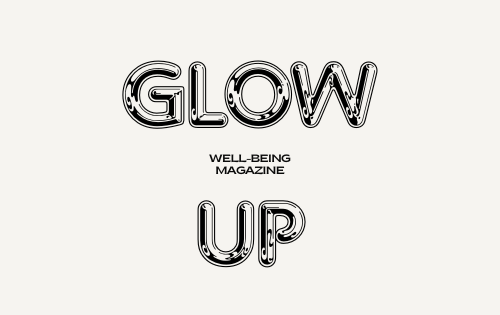Keywords: meditation for beginners, how to meditate daily, mindfulness tips, easy meditation techniques, start meditating at home
Let’s be honest—meditation can sound intimidating.
You picture a super calm person sitting cross-legged on a mountain somewhere, completely still and thinking about… nothing? Meanwhile, you try to sit down for 2 minutes and your brain is yelling about laundry, emails, and snacks.
The truth is: you don’t have to be a monk to meditate.
You don’t have to “clear your mind.” You don’t even have to sit cross-legged!
Here’s a beginner-friendly guide to starting a simple meditation practice that actually fits into real life (and helps you feel calmer, clearer, and more grounded every day).
1. Start Small—Like, Really Small
SEO tip: Target “how to start meditating for 5 minutes” or “short meditation practice.”
You don’t need 30 minutes. Start with 2–5 minutes a day. Seriously. Just close your eyes, take a few slow breaths, and let that be enough.
📱 Pro tip: Set a gentle timer so you’re not peeking at the clock every 10 seconds.
2. You Don’t Have to Clear Your Mind (It’s Normal to Think!)
SEO tip: Use “can’t clear my mind during meditation” and “what to do with thoughts during meditation.”
Your brain isn’t broken if thoughts come up. That’s exactly what happens in meditation. The goal isn’t to stop thinking—it’s to notice when you drift and gently come back to your breath or focus.
🧠 Think of it like a workout for your attention, not a shutdown button for your brain.
3. Pick a Focus (Breath, Sound, or Body)
SEO tip: Optimize for “types of meditation for beginners” or “easy mindfulness techniques.”
A few great beginner-friendly options:
- Focus on your breath: in… and out…
- Do a body scan: notice each part of your body, slowly.
- Use a simple mantra: like “I am calm” or “Inhale peace, exhale stress.”
Just pick one and roll with it. You can always change it up later!
4. Use Guided Meditations to Get Started
SEO tip: Target “best free guided meditations for beginners.”
Apps like Insight Timer, Calm, Headspace, or YouTube have tons of free meditations. Look for short ones labeled “beginner” or “intro to mindfulness.”
🎧 Try: “5-Minute Morning Grounding Meditation” or “Breathing to Reduce Stress.”
5. Make It a Habit (But Keep It Flexible)
SEO tip: Include “how to build a meditation habit” and “daily meditation routine.”
Consistency matters more than length. Try meditating at the same time each day—like right after you wake up or before bed. But don’t beat yourself up if you skip a day. Just come back to it when you can.
🗓 Tip: Add it to your calendar or habit tracker to stay motivated.
6. Create a Cozy Meditation Space (Even a Corner)
SEO tip: Use “meditation space at home” or “how to create a peaceful corner.”
You don’t need a full room—just a pillow, a candle, or a quiet nook. When you sit there, your brain starts to associate it with calm.
🕯 Ideas: dim lighting, soft blanket, essential oil diffuser, or even a plant friend.
7. Try Walking or Moving Meditation If Sitting Is Hard
SEO tip: Optimize for “moving meditation” and “walking mindfulness practice.”
You can meditate while walking slowly, doing yoga, or even washing dishes. Just focus on your breath and your body. Every step becomes part of the meditation.
🚶♀️ This one’s great if you have a busy mind or restless body.
8. Be Kind to Yourself (Meditation Is a Practice, Not a Performance)
SEO tip: Target “how to stay patient with meditation” and “meditation mindset tips.”
There’s no “perfect” way to meditate. Some days your mind will race. Some days you’ll feel totally zen. It’s all part of the process.
💬 Reminder: You’re not doing it wrong—you’re just practicing being present.
🧘♀️ Final Thoughts: Meditation Is Just You, Meeting Yourself Where You Are
That’s it. Meditation isn’t about being perfectly calm—it’s about making space for you in the middle of a noisy world.
Start with one quiet breath. That’s the beginning.
You’ve got this.
Want more no-pressure wellness tools and tips for beginners?
Follow us for daily self-care ideas, mindfulness practices, and small habits that make a big difference in your mental well-being. 💛
